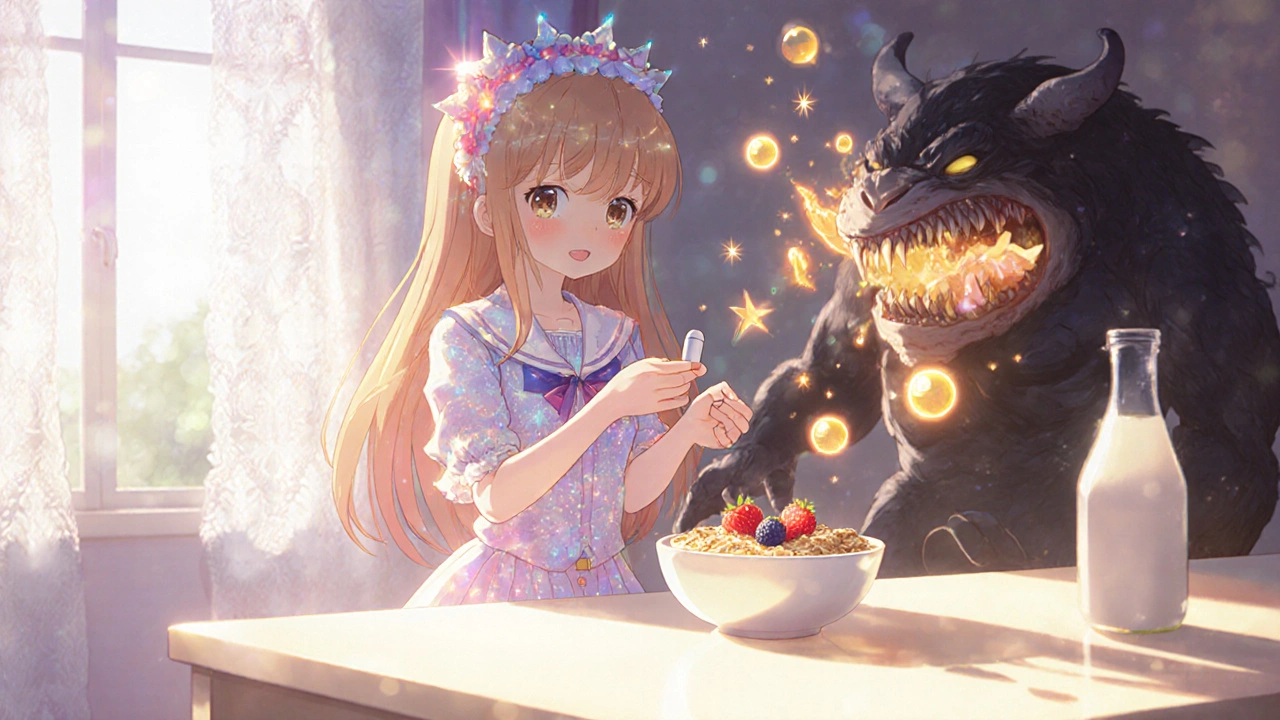Food-Drug Interactions: What to Eat and Avoid with Your Medications
When you take a pill, it doesn’t just interact with your body—it interacts with what’s on your plate. Food-drug interactions, happen when the food you eat changes how a medication is absorbed, broken down, or works in your system. This isn’t rare—it’s common, and it can make your drug useless or even dangerous. Think of it like this: grapefruit juice can turn a routine cholesterol pill into a heart risk. A handful of spinach might cancel out your blood thinner. Even a cup of coffee can mess with your ADHD med. These aren’t myths. They’re real, documented, and often overlooked.
One of the biggest players here is potassium, a mineral that affects how your heart and kidneys respond to certain drugs. If you’re on Acuretic or other diuretics, too much potassium from bananas, potatoes, or oranges can push your levels into danger. On the flip side, if you’re on ACE inhibitors, too little potassium can cause fatigue or irregular heartbeat. Then there’s fiber supplements, like psyllium, that can block absorption of antibiotics, thyroid meds, and even antidepressants if taken too close together. Timing matters—take them at least two hours apart. And don’t forget calcium, found in dairy and fortified foods, which can bind to antibiotics like tetracycline and make them useless. You wouldn’t mix oil and water—your body doesn’t mix these either.
It’s not just about what you eat, but when and how. Some meds need an empty stomach. Others need food to reduce nausea or boost absorption. Taking your thyroid pill with breakfast? That’s a problem. It needs to be alone, at least 30 minutes before anything else. If you’re on blood thinners, sudden changes in vitamin K from kale, broccoli, or Brussels sprouts can throw your INR off track. And alcohol? It doesn’t just add to drowsiness with sedatives—it can damage your liver when paired with acetaminophen or certain antibiotics.
What you’ll find here are real, practical guides—no fluff, no theory. We’ve got clear breakdowns of how specific foods affect specific drugs, timing tricks to avoid bad reactions, and what to do if you accidentally mix something risky. From fiber supplements and Acuretic diets to how grapefruit ruins statins and why you shouldn’t drink milk with your antibiotics, every post is built from real patient questions and clinical facts. You won’t find vague warnings here. You’ll find exactly what to eat, when to skip it, and how to stay safe without giving up your favorite meals.
Protein-rich foods can block or reduce the absorption of certain medications like levodopa, leading to reduced effectiveness. Learn how protein timing, redistribution, and hidden sources affect drug performance - and what to do about it.

 Pharmacology
Pharmacology